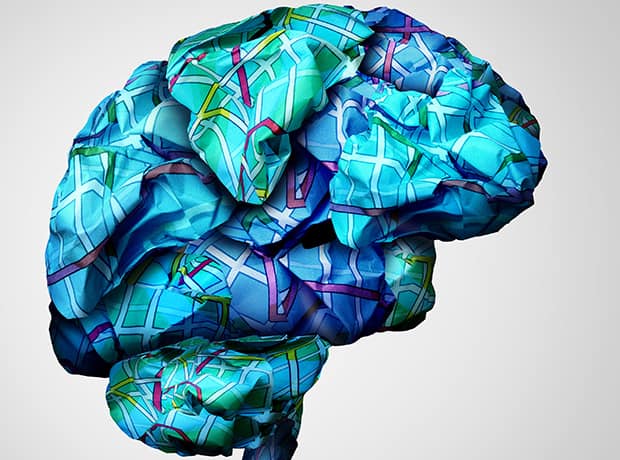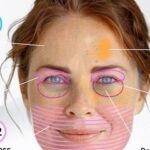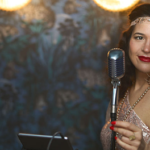Lennox-Gastaut syndrome affects up to 5% of children with childhood epilepsy.
A new study backed by University College London (UCL) has been launched which will be the first UK trial of deep brain stimulation (DBS) in children with epilepsy.
The Paediatric Adaptive Deep Brain Stimulation for Epilepsy Trial (CADET) pilot, a collaboration between Great Ormond Street Hospital, UCL, King’s College London, University of Oxford and Amber Therapeutics, is set to recruit three more patients with Lennox-Gastaut syndrome (LGS).
Epilepsy is a neurological disorder that affects around 50 million people worldwide, in which sudden electrical activity occurs in the brain, causing seizures and convulsions.
LGS is a rare and severe form of epilepsy that affects up to 5% of children with childhood epilepsy and is characterized by recurrent seizures that begin in early childhood.
The study will investigate the safety of an intracranial DBS device called Picostim, equipped with Bioinduction’s software called DyNeuMo-1, in pediatric patients with LGS.
DBS is a surgical treatment that involves inserting a small device into the chest to stimulate specific parts of the brain.
Instead, the Picostim DyNeuMo-1 device is attached to the skull, making leads and wires less likely to break or corrode as the child grows.
The device, which is charged by wearing headphones, targets the thalamus, the brain’s electrical signaling centre, blocking electrical pathways and preventing seizures from spreading, without the need for surgery to replace it every three to five years.
The device has already been shown to reduce daytime seizures by 80% in one child with epilepsy.
The larger second phase of the CADET trial, jointly funded through GOSH Charity and LifeArc Translational Research Accelerator Grants, aims to recruit 22 patients to continue investigating DBS in LGS.
Martin Tisdall, Honorary Associate Professor at UCL and Consultant Paediatric Neurosurgeon at GOSH, said: “We are pleased to be building the evidence base to prove the effectiveness of DBS in treating paediatric epilepsy and hope that this will become the standard of care that we are able to offer.”







